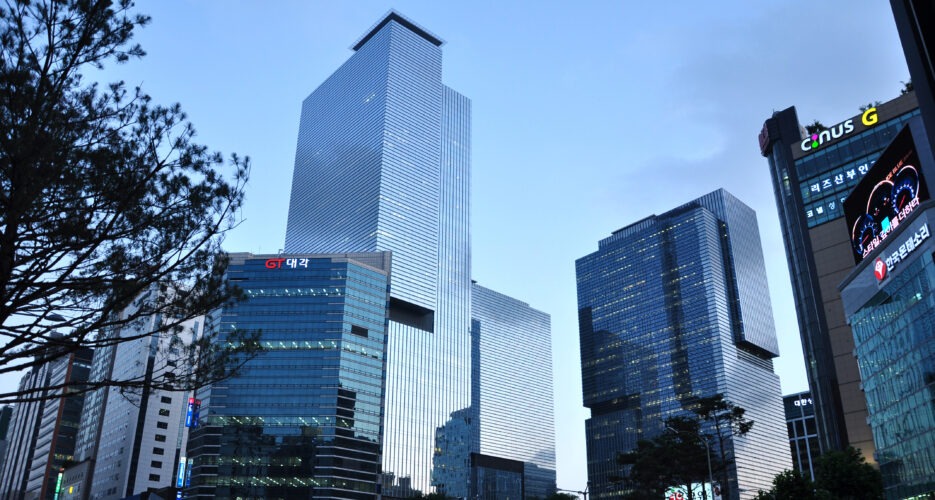Analysts link Korean stock market’s poor performance to a range of risks, from North Korea to weak shareholder rights
It is no secret that South Korea’s stock market is underpriced. The world is in the middle of a big equity sell-off, but foreign and Korean investors have fled the Korean stock market more rapidly than other countries.
The total value of all shares traded on the Korea Exchange is lower relative to total earnings (profits) and book value (total assets) than most other countries in the Organization for Economic Cooperation and Development (OECD) and most other emerging markets.
It is no secret that South Korea’s stock market is underpriced. The world is in the middle of a big equity sell-off, but foreign and Korean investors have fled the Korean stock market more rapidly than other countries.
The total value of all shares traded on the Korea Exchange is lower relative to total earnings (profits) and book value (total assets) than most other countries in the Organization for Economic Cooperation and Development (OECD) and most other emerging markets.
Get 30 days
of free access to
KoreaPro
Full access to all analysis
The KOREA PRO newsletter, every business day
Daily analysis on the top story of the day
The ability to suggest topics for coverage by our specialist team
Be smart about South Korea
Get full access to expert analysis and opinion.
Start now
No charges during your trial. Cancel anytime. A paid subscription will start after 30 days.
© Korea Risk Group. All rights reserved.
No part of this content may be reproduced, distributed, or used for
commercial purposes without prior written permission from Korea Risk
Group.












